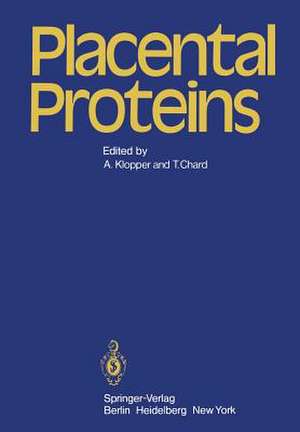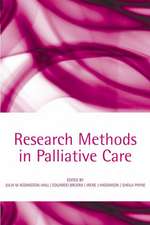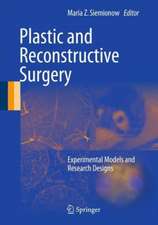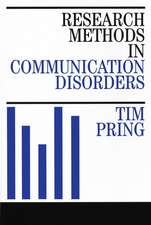Placental Proteins
Editat de A. Klopper, T. Charden Limba Engleză Paperback – 31 iul 1979
Preț: 364.33 lei
Preț vechi: 383.50 lei
-5% Nou
Puncte Express: 546
Preț estimativ în valută:
69.71€ • 72.98$ • 57.68£
69.71€ • 72.98$ • 57.68£
Carte tipărită la comandă
Livrare economică 07-21 aprilie
Preluare comenzi: 021 569.72.76
Specificații
ISBN-13: 9783540094067
ISBN-10: 3540094067
Pagini: 188
Ilustrații: XII, 174 p. 22 illus.
Dimensiuni: 170 x 244 x 10 mm
Greutate: 0.31 kg
Ediția:Softcover reprint of the original 1st ed. 1979
Editura: SPRINGER LONDON
Colecția Springer
Locul publicării:London, United Kingdom
ISBN-10: 3540094067
Pagini: 188
Ilustrații: XII, 174 p. 22 illus.
Dimensiuni: 170 x 244 x 10 mm
Greutate: 0.31 kg
Ediția:Softcover reprint of the original 1st ed. 1979
Editura: SPRINGER LONDON
Colecția Springer
Locul publicării:London, United Kingdom
Public țintă
ResearchDescriere
In July 1978 a group met in Aberdeen to discuss the whole range of new proteins recently isolated from the human placenta. With the exception of Yuri Tatarinov all the main pioneers in the field were present, and this book arose from the discussions which took place. Each author was asked to bring a written man uscript corresponding to but not necessarily identical with their verbal presentation. Nobody was given a specified remit, for the reason that the subject is so new that it would be impossible to design the meeting or the book in advance. Each speaker was left free to put on display whatever he thought was interesting or important about the newly isolated proteins. Inevitably this has led to much overlap, since everybody tends to follow the same path at first. Nevertheless, we shall probably never achieve so much agreement again. Only Vernon Stevens was set a fixed title out side the immediate field of new placental proteins. This arose from the very exciting possibility that the new proteins could be used to induce an autoimmune state to products of conception and thus serve as the basis for a new method of contraception. There are few findings at present which bear specifically on this proposal, but the experience of Vernon Stevens with hCG could serve as a model of the problems that might be encountered with SP and PAPP-A.
Cuprins
1 The Specific Proteins of the Human Placenta Some New Hypotheses.- 2 The Measurement of Trophoblastic Proteins as a Test of Placental Function.- 3 Potential Antifertility Vaccines Using Antigens of hCG.- 4 The Use of Antibody Affinity Chromatography and Other Methods in the Study of Pregnancy-Associated Proteins.- 5 Isolation and Characterization of Placental Proteins with Special Reference to Pregnancy-Specific ?1 Glycoprotein and Other Proteins Specific to the Placenta.- 6 Pregnancy-Associated Plasma Proteins: PAPP-A and PAPP-B.- 7 Observations on the Isolation of Pregnancy-Associated Plasma Protein A.- 8 Studies on SP1 and PP5 in Early Pregnancy.- 9 Clinical Aspects of Pregnancy-Specific ß1 Glycoprotein (PS?G).- 10 Practical and Theoretical Considerations in the Measurement of Pregnancy-Specific ?1 Glycoprotein.- 11 Trophoblast-Specific ?1 Glycoprotein as an Indicator of Pregnancy and Neoplasia — A Review of Recent Clinical Studies.









